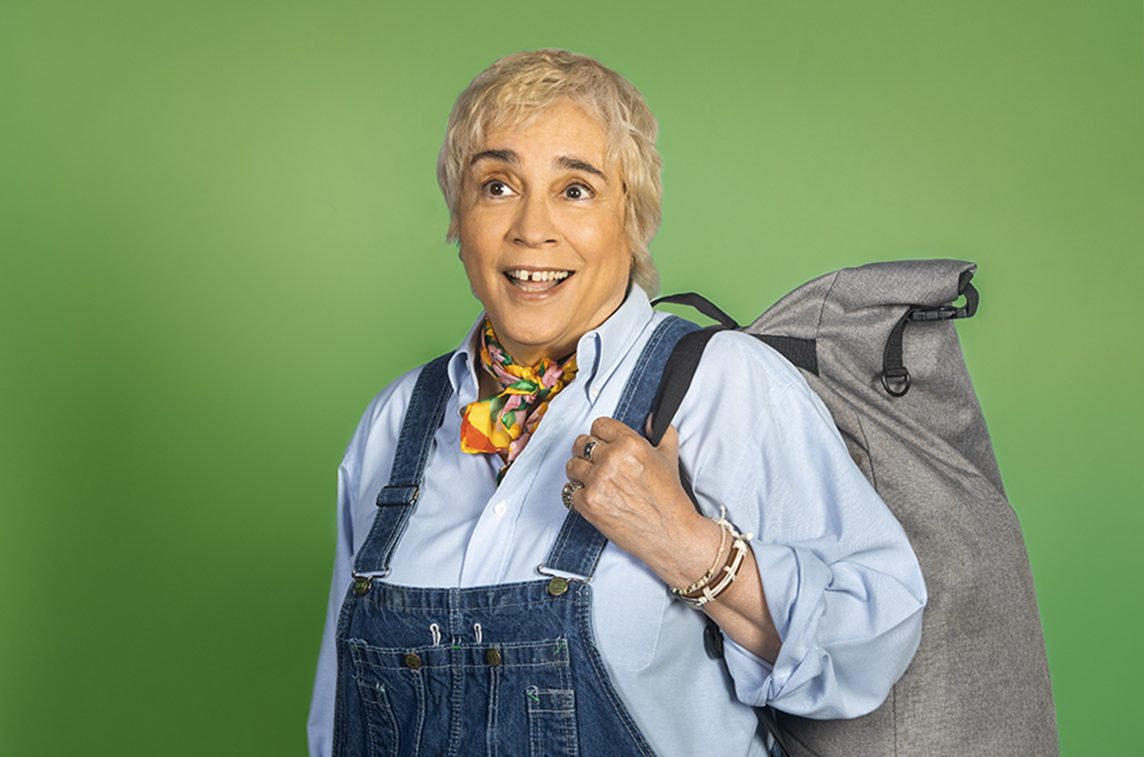
""The San Francisco Arts Commission was offering individual artist grants and I proposed a memoir about San Francisco in 1976, the year I arrived," Gomez says, . "I came up with the worst title for it: 'Brown, Green and Rainbow.' Somehow, I was awarded the grant." Upon learning this, Gomez says, her friends refused to attend the show unless she thought up a better title."
""Directed by Richard A. Mosqueda, the show recounts young Marga being forcibly outed as a lesbian to her family, leading her to flee across the country with her then-girlfriend. After landing in SF, Gomez works at a Noe Valley restaurant to make ends meet. There, she begins cooking a family recipe taught to her by her mother, the "Spanish Stew"of the title.""
""Although The Marsh and Brava! are Gomez's usual venues to premiere new shows, she'd been trying to collaborate with the queer-centric NCTC for quite some time. She's a longtime friend of founder/artistic director Ed Decker, and "Spanish Stew"will be one of the last before Decker steps down from his position after 44 years. (His role will be taken up by NCTC artistic assoc""
Marga Gomez has performed autobiographical solo shows for over 30 years, beginning with 1991's Memory Tricks. Born in Harlem to a Puerto Rican-Cuban entertainment duo, she built a career as an openly queer performer with shows like Pound and Marga Gomez is Pretty, Witty, and Gay. A San Francisco Arts Commission grant funded a memoir about her 1976 arrival in San Francisco, initially titled Brown, Green and Rainbow and later retitled Spanish Stew. Spanish Stew recounts being forcibly outed, fleeing to San Francisco, working in Noe Valley, and cooking a maternal family recipe while premiering at NCTC.
Read at Mission Local
Unable to calculate read time
Collection
[
|
...
]